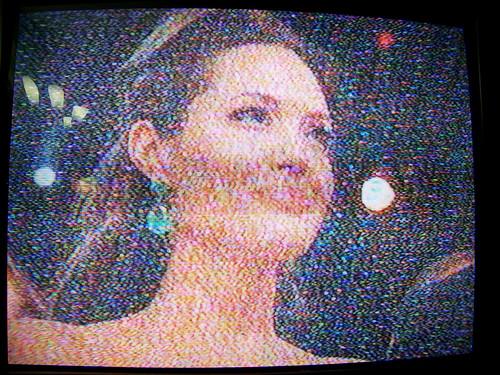Readings: Genesis 15:1-6,21:1-3; Psalm 104(105):1-6,8-9; Hebrews 11:8,11-12,17-19; Luke 2:22-40
Picture: cc Sarah
My dear friends, have you ever wondered why sometimes absence makes the heart grow fonder, and at other times it’s out of sight out of mind? During the circuit-breaker, for example, when we weren’t able to meet our friends, or to celebrate Mass, or to go to Confession, why did some react with such longing, and others… simply forget? I’m not sure if you’ll agree with me, but I believe that one’s reaction to absence is a good indicator of the location of one’s heart.
Which may help us better appreciate what’s going on in our readings today. As you’ve probably noticed, they are filled with longing. In the first reading, Abraham longs for an heir. In the gospel, Simeon longs for Israel’s comforting. And it’s tempting, for me at least, to conclude that the hearts of Abraham and Simeon find their rest in the respective objects of their longing. But that’s not exactly accurate.
For as the second reading reminds us, much as Abraham desired so much to have an heir, he was still willing to sacrifice Isaac, when God commanded him to do so. And that’s not all. The reading goes on to point out that Abraham was willing to sacrifice Isaac, while still believing God’s promise to make Abraham the father of a multitude of descendants through Isaac. This firm belief, this unshakeable trust in God, the reading calls faith. I like to think of it as an indicator of the true location of Abraham’s heart.
Both his longing and his trust show us that Abraham’s heart finds its rest not in Isaac, the long-awaited heir, but in God, the One who remembers his covenant for ever. Even so, longing and trust are not the only indicators of the heart’s true location. In our readings we find at least two others.
When Jesus appears in the Temple in Jerusalem, his arrival quickly attracts the presence of Simeon and Anna. We’re told that Simeon came because he was prompted by the Holy Spirit, and that Anna, who never left the Temple, came by just at that moment and began to praise God. Presence and praise at the arrival of God. As with longing and trust, aren’t these also indicators of the heart’s true location?
Longing and trust, presence and praise. Reliable signs of restful hearts amid a restless world. Longing and trust, presence and praise. Encouraging signs that we find also in the members of the Holy Family, who even though they had to move repeatedly – from Bethlehem to Egypt to Nazareth to Jerusalem and back to Nazareth – always had their hearts set on God, the One who had brought and held them together.
Longing and trust, presence and praise. In a world filled with so many shiny and seductive things that often serve to unsettle our hearts, and even to tear our families apart, doesn’t the Holy Family show us what it might look like to truly find one’s rest in God?
Sisters and brothers, if the coming of Christ is indeed like a circuit-breaker, uncovering the true location of our hearts, then where do you find your heart on this Christmas Day?











